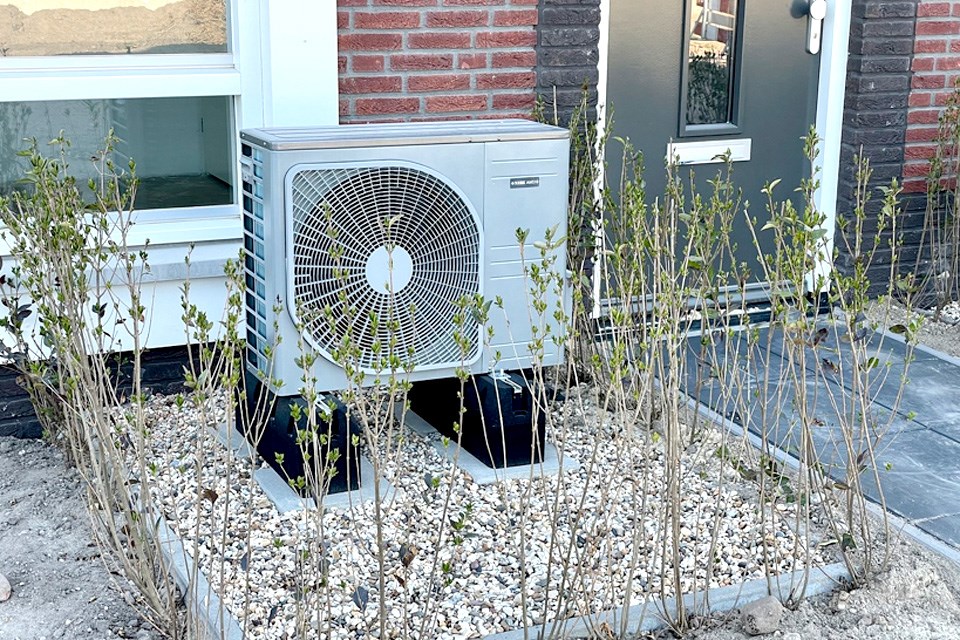Heat pumps have emerged as a promising alternative to traditional furnaces and air conditioners, offering energy-efficient solutions that help reduce carbon footprints and energy bills. Let’s explore why heat pumps are gaining popularity in Canada and how they compare to conventional heating and cooling systems.
The Challenging Canadian Climate
Canada's vast and diverse climate presents a unique challenge for homeowners. From the extreme cold of winter in the prairies to the sweltering summer days in southern regions, the need for both heating and cooling solutions is evident. Traditional furnaces and air conditioners have been the go-to choices for decades, but their energy consumption and environmental impact are causing homeowners to rethink their options.
How Heat Pumps Work
Heat pumps operate on a simple yet ingenious principle: they transfer heat from one place to another. They can extract heat from the air, ground, or water, and use it to warm your home in the winter. In the summer, the process is reversed to cool your home. This process is highly energy-efficient, making heat pumps an ideal choice for the Canadian climate.
Energy Efficiency
One of the primary advantages of heat pumps is their exceptional energy efficiency. They can provide up to four times the energy they consume, making them an excellent choice for those seeking to reduce their energy bills and environmental impact. Traditional furnaces and air conditioners, on the other hand, can be much less efficient, especially when older models are in use.
Environmental Benefits
Canada has made significant efforts to reduce greenhouse gas emissions, and heat pumps align perfectly with these goals. By using renewable energy sources, such as the heat in the ground or the air, heat pumps produce far fewer emissions compared to oil or gas furnaces. As a result, they help lower your carbon footprint while keeping your home comfortable year-round.
Financial Savings
While the initial cost of purchasing and installing a heat pump can be higher than traditional HVAC systems, the long-term financial benefits are undeniable. With energy savings of up to 50%, homeowners can recoup their investment over time. Additionally, there may be incentives and rebates to encourage the adoption of heat pumps, further lowering the overall cost.
Heat pumps are becoming a popular alternative to traditional furnaces and air conditioners in Canada for good reason. Their energy efficiency, environmental benefits, financial savings, and adaptability to diverse climates make them a compelling choice for homeowners looking to reduce their carbon footprint and energy bills. While the initial investment may seem daunting, it's a step towards a more sustainable and comfortable future. As Canada continues to prioritize environmental responsibility, heat pumps are likely to become an even more prevalent choice for heating and cooling homes across the country.
This story is brought to you by Great West Media Content Studio. It is not written by and does not necessarily reflect the views of the editorial staff.



